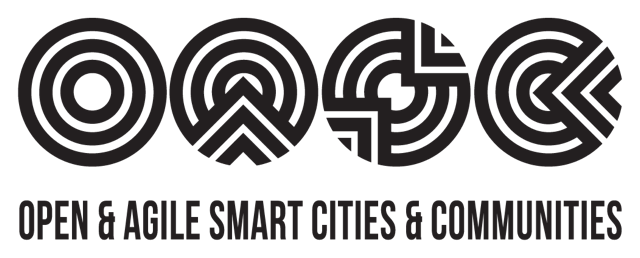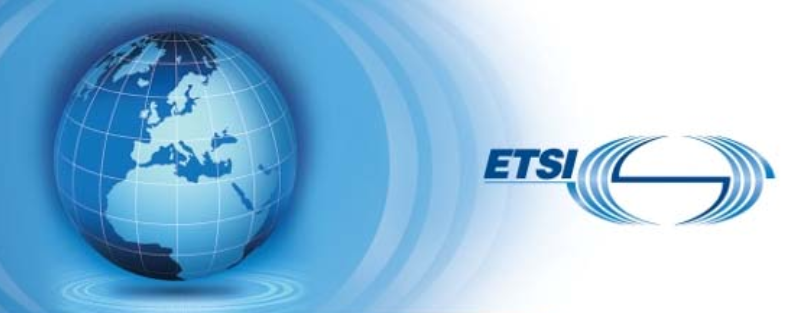The ETSI Industry Specification Group for cross-cutting Context Information Management (ISG CIM) has just released its first specification GS CIM 004.
This press release was first published by ETSI here.
Sophia Antipolis, 25 April 2018 – This specification defines a simple way to send or request data and its context such as the meaning, related information, source or licensing of that data. Smart cities will be the first ones to benefit from this specification. Group Specification CIM 004 defines a standard Application Programming Interface (API) for Context Information Management enabling close to real-time access to information coming from many different sources.
Indeed ETSI Group Specification CIM 004 addresses the strong synergies between seven spheres of information currently interacting in a smart city, as shown by these examples:
- open data: air quality, street maps
- proprietary data: car parking availability, advertising of events
- Internet of Things: building sensors, water management sensors
- mobile application inputs: citizen complaints, photos of accident sites
- source of the information: licensing of valuable data, labelling of privacy-protected data, information on measurement quality or period of validity
- usage information: for optimizing, for debugging, for relationships analysis
- artificial intelligence or machine analysis of that data to create performance measures (KPIs), new recommendations and conclusions on which city managers can act
“Knowing the source, meaning and reliability of data is absolutely critical in making decisions, especially where legal liability exists. After many discussions with various stakeholders, we confirmed that sharing data can benefit all parties as long as people – and software systems – know they are talking about the same things. The new ETSI ISG CIM specification allows systems to reference open definitions instead of assuming ‘in-house’ definitions,” states Dr. Lindsay Frost, chairman of ETSI ISG CIM, who acknowledges the fundamental work done to improve interoperability within many EC research and innovation programmes, such as EIP-SCC-01 Lighthouse, IoT Large Scale Pilots, and earlier projects.
There are currently thousands of ways to exchange data between software platforms, each with special benefits and usage. The new ETSI specification does not try to replace them, but offers a “lingua franca” allowing the platforms to cooperate. Simplicity, reliability and ease of implementation have been the focus of the group, to help lower barriers to deployment.
“Cities are looking for a minimum of interoperability focused on the two main layers of a smart city information system architecture: the lower one, between sensors and data storage, and the upper one to manage this data and make it useful for citizens. As we recently experienced in Bordeaux, oneM2M, ETSI partnership project, already provides a standards-based glue between sensors and the data storage system. I’m convinced the new ETSI ISG CIM specification, which addresses the upper level, will close the loop and enable the open and sustainable smart city information system architecture users are looking for,” said Christophe Colinet, vice-chair of ETSI ISG CIM and smart city projects’ leader in Bordeaux, France.
About ETSI
ETSI provides members with an open and inclusive environment to support the timely development, ratification and testing of globally applicable standards for ICT-enabled systems, applications and services across all sectors of industry and society. ETSI is a not-for-profit body with more than 800 member organizations worldwide, drawn from 66 countries and five continents. Members comprise a diversified pool of large and small private companies, research entities, academia, government and public organizations. ETSI is one of only three bodies officially recognized by the EU as a European Standards Organization (ESO).
For more information please visit: www.etsi.org

